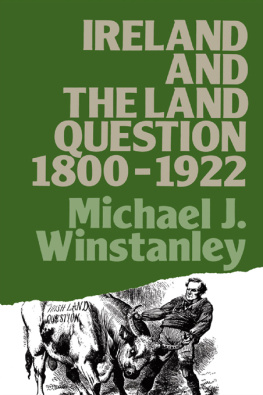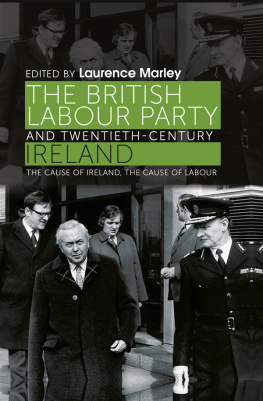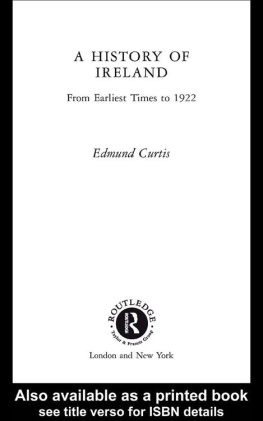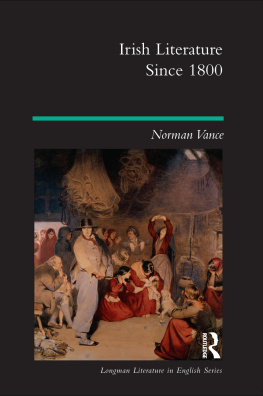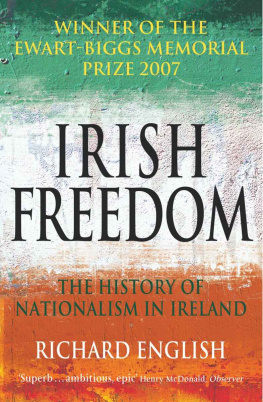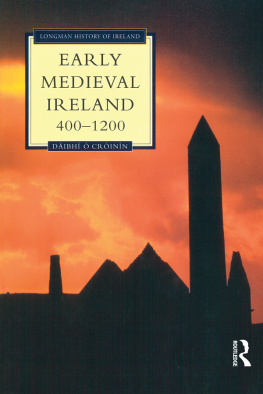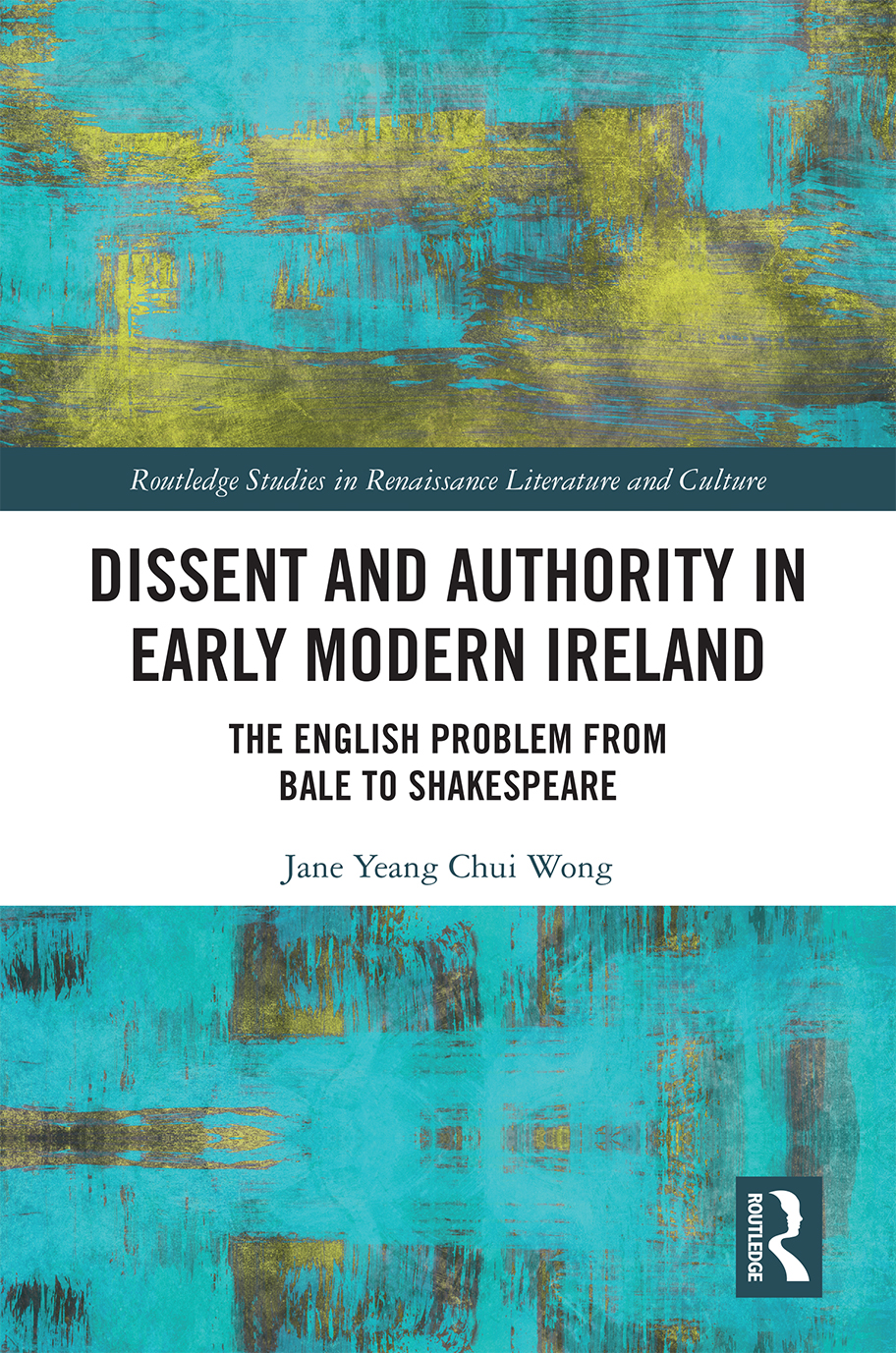Dissent and Authority in Early Modern Ireland
Dissent and Authority in Early Modern Ireland: The English Problem from Bale to Shakespeare examines the problems that beset the Tudor administration of Ireland through a range of sixteenth-century English narratives and is primarily concerned with the period between 1541 and 1603. This bracket provides a framework that charts the constitutional change of the island from lordship to kingdom, to the end of the reconquest in 1603. The impetus that brought Ireland to a complete conquest during these years has, quite naturally, led critics to associate Englands reform strategies with Irish Otherness. The preoccupation with this discourse of difference is also perceived as the Irish Problem, a blanket term broadly used to describe just about every aspect of Irishness that was perceived to be incompatible with English imperialist ideologies. The term stresses everything that is wrong with the Irish nation Ireland was a problem to be resolved. Dissent and Authority takes a different approach to the Irish Problem. Instead of rehashing the English governments complaints about the recalcitrant Irish and the long struggle to impose royal authority in Ireland, this book posits that the Irish Problem was very much shaped and developed by a larger English Problem: namely, dissent within the English government. The discussions here focus on the ways in which English writers articulated their knowledge of and anxieties about the English Problem in sixteenth-century literary and historical narratives. This book reappraises the limitations of the Irish Problem and suggests that the English governments struggle with dissent, suspicion, and distrust within its own ranks was as detrimental to the conquest as the Irish Problem, if not more so.
Dr. Jane Yeang Chui Wong is Assistant Professor of English at Nanyang Technological University, Singapore. She received her Ph.D. from University of Alberta, Canada. Her primary research area is in early modern literature and culture. More specifically, she is interested in the representations of Ireland in the early modern period and colonial administration between the 1534 and 1603. Her recent publications can be found in Theatre Research International, Sexuality and Culture, Critical Survey, and The Oxford Handbook of the Age of Shakespeare.
Routledge Studies in Renaissance Literature and Culture
45 Jonson, the Poetomachia, and the Reformation of Renaissance Satire
Purging Satire
Jay Simons
46 Fortification and Its Discontents from Shakespeare to Milton
Trouble in the Walled City
Adam F. McKeown
47 Mythologies of Internal Exile in Elizabethan Verse
Six Studies
A.D. Cousins
48 Freedom and Censorship in Early Modern English Literature
Edited by Sophie Chiari
49 The Early Modern Grotesque
English Sources and Documents 15001700
Liam Semler
50 Intricate Movements
Experimental Thinking and Human Analogies in Sidney and Spenser
Bradley Davin Tuggle
51 Milton and the New Scientific Age
Poetry, Science, Fiction
Catherine G. Martin
52 Dissent and Authority in Early Modern Ireland
The English Problem from Bale to Shakespeare
Jane Yeang Chui Wong
For more information about this series, please visit: https://www.routledge.com
First published 2020
by Routledge
52 Vanderbilt Avenue, New York, NY 10017
and by Routledge
2 Park Square, Milton Park, Abingdon, Oxon, OX14 4RN
Routledge is an imprint of the Taylor & Francis Group, an informa business
2020 Taylor & Francis
The right of Jane Yeang Chui Wong to be identified as author of this work has been asserted by her in accordance with sections 77 and 78 of the Copyright, Designs and Patents Act 1988.
All rights reserved. No part of this book may be reprinted or reproduced or utilised in any form or by any electronic, mechanical, or other means, now known or hereafter invented, including photocopying and recording, or in any information storage or retrieval system, without permission in writing from the publishers.
Trademark notice: Product or corporate names may be trademarks or registered trademarks, and are used only for identification and explanation without intent to infringe.
Library of Congress Cataloging-in-Publication Data
A catalog record for this title has been requested
ISBN: 978-0-367-25775-0 (hbk)
ISBN: 978-0-429-28978-1 (ebk)
Typeset in Sabon
by codeMantra
Dissent and Authority in Early Modern Ireland: The English Problem from Bale to Shakespeare is a belated book in some ways, belated because the ideas that it explores build on an already immensely impressive body of literary analyses on the representation of Ireland in early modern literature; my first debt is to this group of writers, literary scholars, and historians. I could not have written this book without years of reading about the Irish Problem, which eventually became an English Problem in my interpretation. I am grateful to have developed this idea in the company of the learned and generous early modern literary scholars at the University of Alberta, where I first received critical but generous feedback on the feasibility of this project. Rick Bowers, Garrett Epp, Jonathan Hart, and David Gay were superb in pointing out some of the gaps in the work, and with their guidance, I patched them up as best I could. At that early stage, I was spoiled for choice with the extraordinary range of early modern holdings at Rutherford Library. In Ireland, I was well looked after, particularly at the Boole Library at University College Cork. There, I was privileged to have met John Barry, who shared his translation of Richard Stanihursts De Rebus in Hibernia Gestis with me even before it was published; this gentle and affectionate classicist is proof that automated translation programs will never make the cut, ever.
I received generous support at Nanyang Technological University when I traveled to conferences and archives. On campus, I relied on Vincent Wong at the Humanities and Social Sciences Library; a writer could not have asked for a more resourceful and patient librarian. Hong Yuchen, Adlina Binte Ashar, and Long Chao are exemplary research assistants; their youthful scholarly instincts remind me that nothing is ever too belated. Special thanks also to Michelle Salyga and Bryony Reece at Routledge; their support and patience made all the difference to this book, especially when I was in the later stages of revising the chapters. Patrick Gray is the brilliant editor who worked on an earlier draft of , which was published as a special issue on Shakespeare and War; I would like to thank Critical Survey for permission to reprint the essay.
My greatest debt is owed to David Baker and Daniel Woolf. I found my way into literary scholarship because of the former, and ascertained my interest in early modern history because of the latter. This book could not have been written without David, whose work on early modern Ireland forms the contours of Dissent and Authority and whose long friendship has provided necessary sustenance to this project and much else. I could not have completed this book without the unconditional support and encouragement of Daniel Woolf, whose commitment to historical research continues to serve as a model of scholarly excellence to literary historians. His work has played an important part in the way I think about the links between early modern history and literature, past and present: for this, I am glad, and for his conviction that I can complete this project, and for his friendship, I am forever grateful. The strengths of this book are theirs, and the flaws are solely mine.


